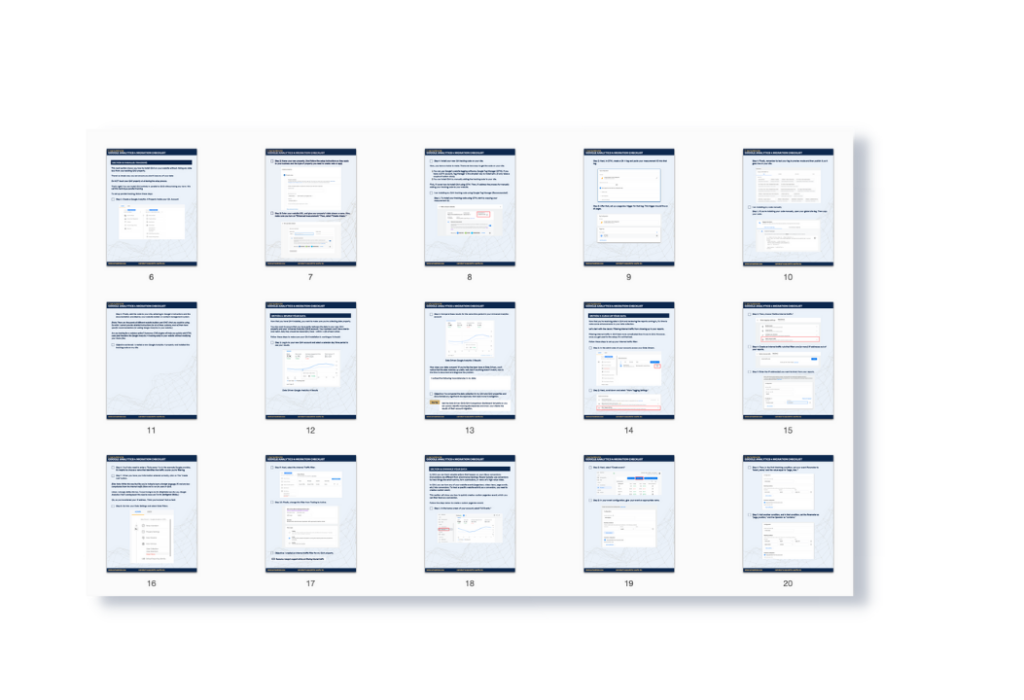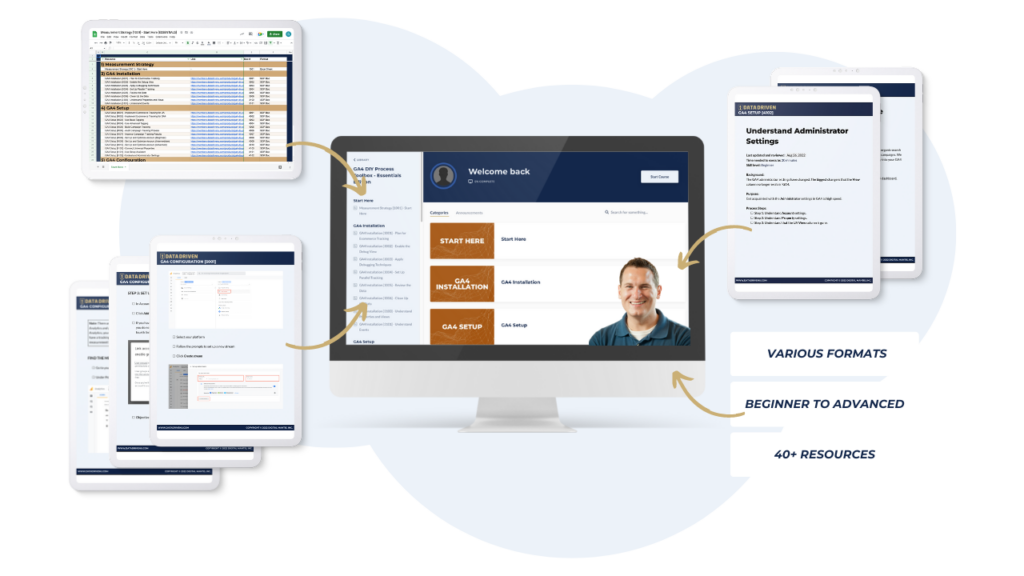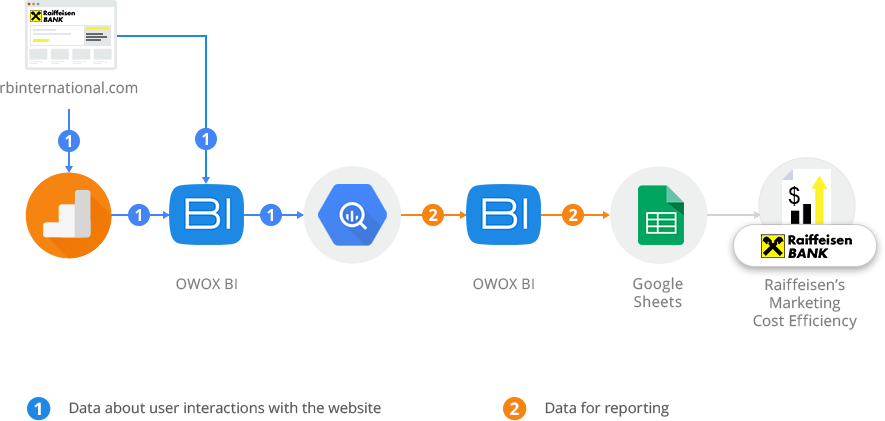 Mobile search is becoming increasingly important as more people are on their devices looking for the best restaurants in town or simply searching for contact information. According to statcounter.com, mobile share in May 2011 was 5.75% compared to 94.25% for desktop. In May 2012, mobile vs. desktop was 10.11% to 89.89%. Can you guess where people searched from the most? Google (96% of searches conducted on any devices was on the Google search engine).
Mobile search is becoming increasingly important as more people are on their devices looking for the best restaurants in town or simply searching for contact information. According to statcounter.com, mobile share in May 2011 was 5.75% compared to 94.25% for desktop. In May 2012, mobile vs. desktop was 10.11% to 89.89%. Can you guess where people searched from the most? Google (96% of searches conducted on any devices was on the Google search engine).
Are you convinced mobile search is important? I hope so. If not, I will attempt to induce you further.
Mobile search takes into consideration a number of things. Here are a few to keep in mind:
- Search results are different (display, screens are smaller)
- Search engine transcoding (your website may not render the same on a mobile device as a desktop)
- Search behavior/intents are different on a mobile vs. desktop (use of keywords, immediacy of content)
- Mobile has their own bots; for example, Google has their Smartphone Googlebot-Mobile
Mobile Search Traffic Growth & (not provided) Keywords
With that in mind, I examined three Google Analytics accounts and noticed a similar trend. But, digging deeper into the data, an interesting finding was that mobile searches conducted on Google were not through Google’s SSL search. What does that mean? There was no (not provided) keywords! Here is the trend I found, no matter how big the data set is, the trend is positive for mobile search.



This is done by turning the Mobile Traffic segment on, and heading over to the Traffic Sources > Search > Organic report. In this report, you can view the keywords that drove traffic to your site, the source of traffic (search engine) and landing page (where the visitor landed on your site after their performed their search). Again, no (not provided)!
Keep in mind, users on a mobile device will search differently than those on a desktop. The insights you get from this report will tell you whether the pages you want showing up in the search results on mobile (i.e. contact information), is actually there. If you’ve buried your contact page, you better get on it and move it up. People want their information in the shortest path as possible.
Analyzing the Mobile Organic Reports
With the popularity of Apple devices today, there doesn’t need to be any mentions that the iPhone and the iPads are leading the pack in mobile search. This is what we are seeing in our accounts (the three screenshots above) as a consistent trend. With that in mind, you may want to test your site out on either device to ensure that your page is rendering properly. In addition, it is worth searching for target keywords that you wish to appear high in search results, to see if you are showing up on mobile vs. desktop.
One report I enjoy looking at is the keyword-landing page report; I call this the keyword to page alignment report. But since we are talking about mobile here, let’s call it the Mobile keyword to page alignment report. Below is a screenshot showing how to reach this report.
This is a handy report because it will help you identify those keywords that are popular, and to which page they’ve driven traffic to. In a mobile scenario, it might be that the contact information is all they want, so expect a high bounce rate on that page. With a proper call to action on a product/service page (i.e. buy now or contact us today), the bounce should be quite low. All in all, this provides a very deep dive in your data where you can relate it back to your goals/ecommerce transactions (i.e. how often are people purchasing via mobile search?). The best part of all of this is: you don’t need to deal with (not provided) keywords, so analyze away! 🙂
Final Thoughts
There’s no avoiding it. Create a great user experience for your visitors and provide them with the information they want easily, especially for those visiting your site via mobile search. If that means changing up your navigation or building a complete mobile version of your website, it may be worth it in the end if you can get them to act upon something quicker. Ask the question; if someone came to my website on their phone, what do I want them to see first and what do I want them to do before they navigate away?
The growth of mobile is not slowing down. Evaluate where you are in your analytics and make informed decisions based on that to help your visitors find what they want.








